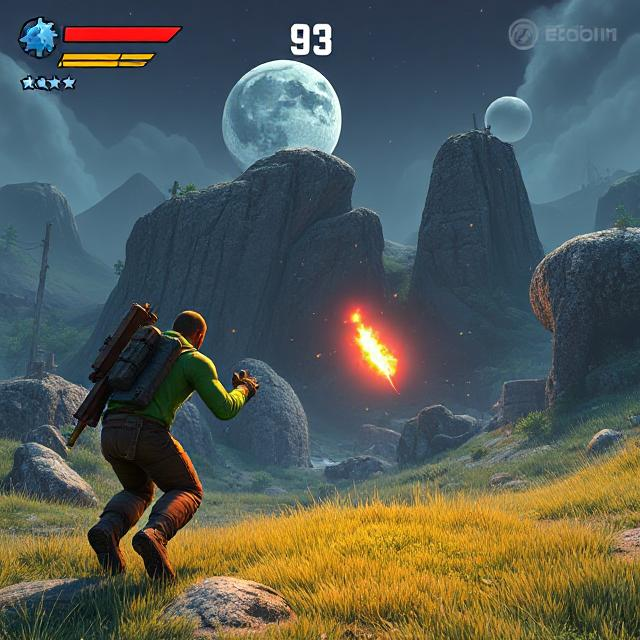In role-playing games (RPGs), one of the most enticing features is the concept of player choice. The decisions you make throughout the game often promise to shape the narrative, affect characters, and determine the outcome of your journey. But do these decisions truly matter, or are they just an illusion of choice?
Many RPGs like The Witcher 3 or Mass Effect offer players the ability to make meaningful decisions that affect the game’s storyline, world, and character relationships. For example, in The Witcher 3, players choose to side with different factions or save certain characters, and these decisions can lead to varying story arcs and endings. On the surface, this seems like the game is fully adapting to your choices. However, how much these decisions affect the overall outcome is often limited by a core narrative that the game cannot fully diverge from.
In many RPGs, while the decisions may impact smaller aspects like side quests, dialogue options, or character fates, the larger narrative trajectory often remains the same. For instance, the main character might always face a climactic battle, regardless of what you chose in the earlier stages. Despite this, RPGs still create a sense of agency, allowing players to engage deeply with the story and immerse themselves in the world, even if the ultimate path is somewhat preordained.
The impact of player choice also varies across games. Titles with branching narratives, like Detroit: Become Human or Divinity: Original Sin 2, provide more noticeable changes based on decisions, where your choices genuinely influence character arcs, world events, and endings. However, other RPGs may focus less on branching paths and more on the illusion of choice, where players may feel they’re influencing the story, but it follows a linear progression with limited divergence.
Ultimately, player choice in RPGs adds depth and replay value to a game. Even if the impact isn’t always as profound as advertised, it still allows players to feel a personal connection to the narrative and the characters they interact with.


Leave a Reply